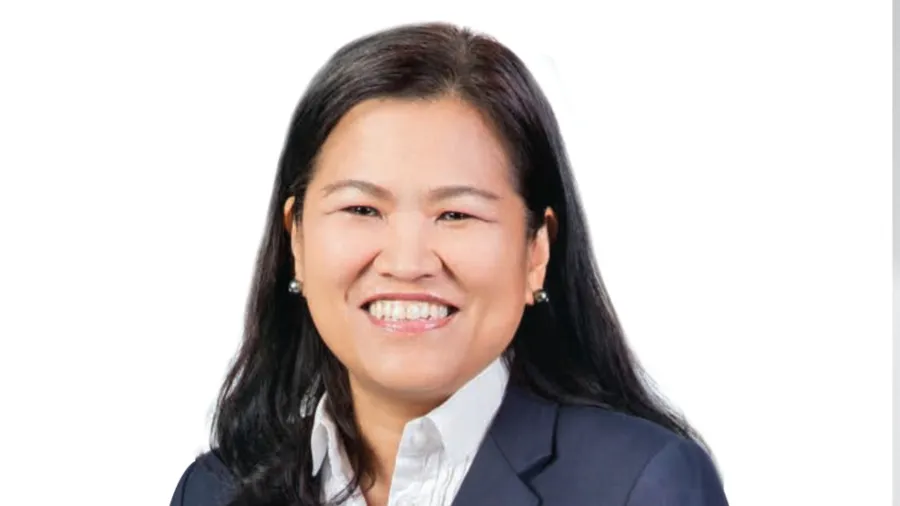
Thailand’s BDMS expands healthcare business model through preventive care
BDMS provides wellness activities and explores healthcare services outside of the hospital setting.
Bangkok Dusit Medical Services (BDMS), a private hospital group in Thailand, is seeking to grow its services beyond hospitals into preventive care.
With already over 50 hospitals in Thailand and Cambodia, BDMS also has investment in laboratories, pharmaceuticals, and drug stores.
BDMS is also actively focusing on providing preventive care by promoting wellness services, health check-ups, vitamin supplements, and exercise. Its current goal is to promote healthy lifestyles for people reaching the age of 50 who have the money to look after their health.
On the sidelines of the Medical Fair at Hong Kong Convention and Exhibition Centre on 17 May 2023, Healthcare Asia interviewed Dr. Poramaporn Prasarttong-Osoth, BDMS President, on the hospital group’s plan for affordable but quality care and medical tourism programmes.
Here’s the interesting dialogue:
How is the BDMS actively contributing to tourism growth in Thailand?
BDMS, right now, has been operating for more than 50 years, serving both Thai and international patients. Those who visit us are mainly from Cambodia, Myanmar, and also the Middle East). Tourists who also come to Thailand including Europeans, US citizens, and so on. We also serve expats working in Thailand.
What initiatives or partnerships are in place to maximise the hospital’s potential for medical tourism?
We are working with expatriates in terms of providing treatment. We engage with international representatives on an individual basis, providing assistance rather than forming formal partnerships. This is especially important for foreign nationals who come to Thailand for work. But for other countries, we have agents from their own country who bring the patients to us.
What strategies have allowed BDMS to provide affordable but quality health care to Thailand residents and other nationalities?
We put quality on top of our minds. Clinical excellence, plus the service, is a task of private healthcare. Our concern is not cheap or expensive healthcare but what we are looking through is valuable healthcare. It’s not just money that you pay, it’s time and everything related to value-based healthcare.
Our strategy, which is value-based healthcare, is the way to sustainability because if you charge more, the patient cannot pay. But it has to be met halfway and they see that what you’ve given either treatment or service, it’s what they deserve and it matches with what they pay for.
Can you give us programmes and examples of how BDMS is providing affordable but quality care?
We start with preventive care which means we want everyone to take care of themselves. We believe that if you’re taking good care of your health, that would be cheaper than falling sick or becoming ill, considering the high healthcare costs at this time.
We promote health check-ups and precision medicines. Still, if you get sick, you need to have an excellent quality of care, which means multidisciplinary doctors and medical professionals come to work together.
Could you discuss the latest programmes and services of BDMS and what separates them from other healthcare providers’ medical tourism initiatives?
We are good at establishing trust with medical tourists, so they continue to patronise our services for a long time. Right now, we have expanded our focus beyond treatment to before you even get ill, which means promoting check-ups, testing, vitamin supplements, and exercise programs. All these initiatives are designed to make them strong and stay healthy. Even medical tourists who do not come to Thailand often choose our wellness programme.
How does the hospital plan to maintain its competitive edge in medical tourism?
In the future, we have to provide not just treatment; we have to maintain health prevention and promote good health. That’s the whole journey of one person taking care of themselves.
It’s an expansion from curative to preventive and also rehabilitation. That’s the whole journey of healthcare and that includes not just the sick or patients. Once we start promoting wellness or preventive care plus rehabilitation, you will have to expand the market.
Let’s say you have just one cancer patient, we can provide wellness services for the whole family to include all ages that have to start on preventive care. Right now, we are focusing on the age group starting from 50 years old and that’s the age you are well-established and seeking a healthy lifestyle.
Some of them work too hard, they want to do high-performance sports and so each one of them has their own goal and they want to live long and not just live long, but also stay strong.
What is the hospital’s outlook for the healthcare industry three to five years from now? Do you see any emerging trends or advancements that your hospital is actively preparing for?
Speaking of ourselves, we are growing a network of hospitals, reaching beyond 50 hospitals across Thailand all the way to Cambodia. But what we see for the healthcare business is not just curative or hospital care, it has to go beyond that. It can be home care, laboratories, pharmaceuticals, and drug stores because every day most of us touch the healthcare point.
In the future, that touch point doesn’t necessarily have to be at the hospital. It can be a touch point at your local supermarket or your gym since the healthcare business itself has expanded. This is a fact and that’s why businesses not involved in healthcare before, now want to be part of it one way or another.

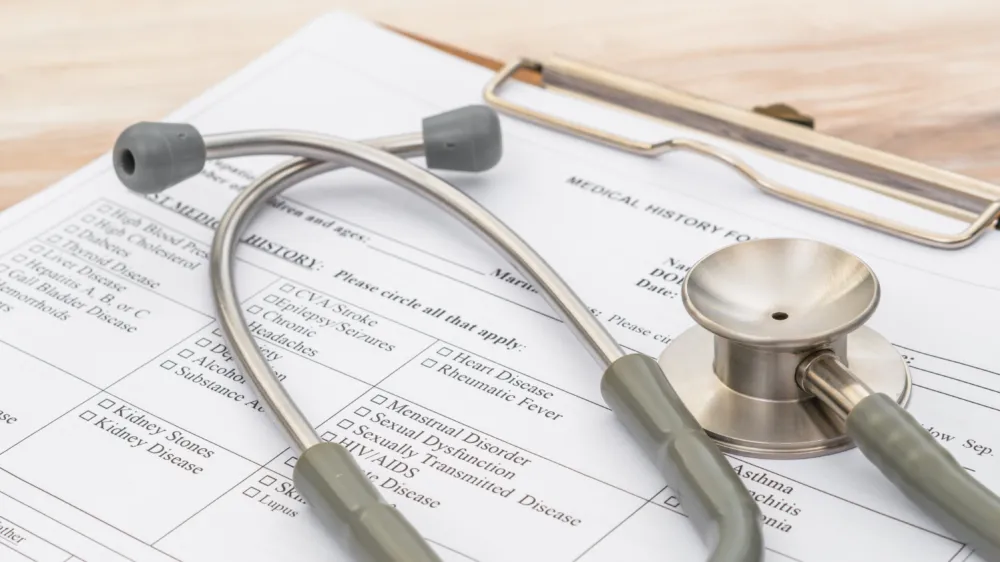
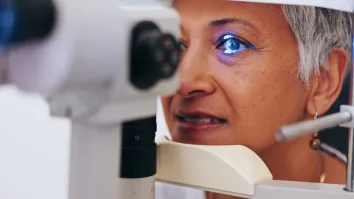
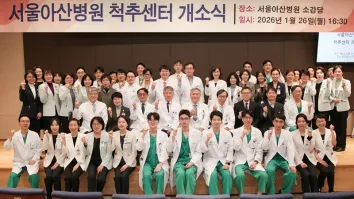
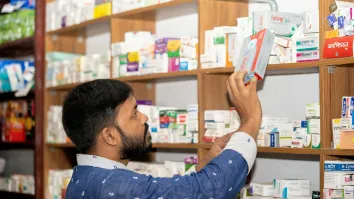














 Advertise
Advertise







